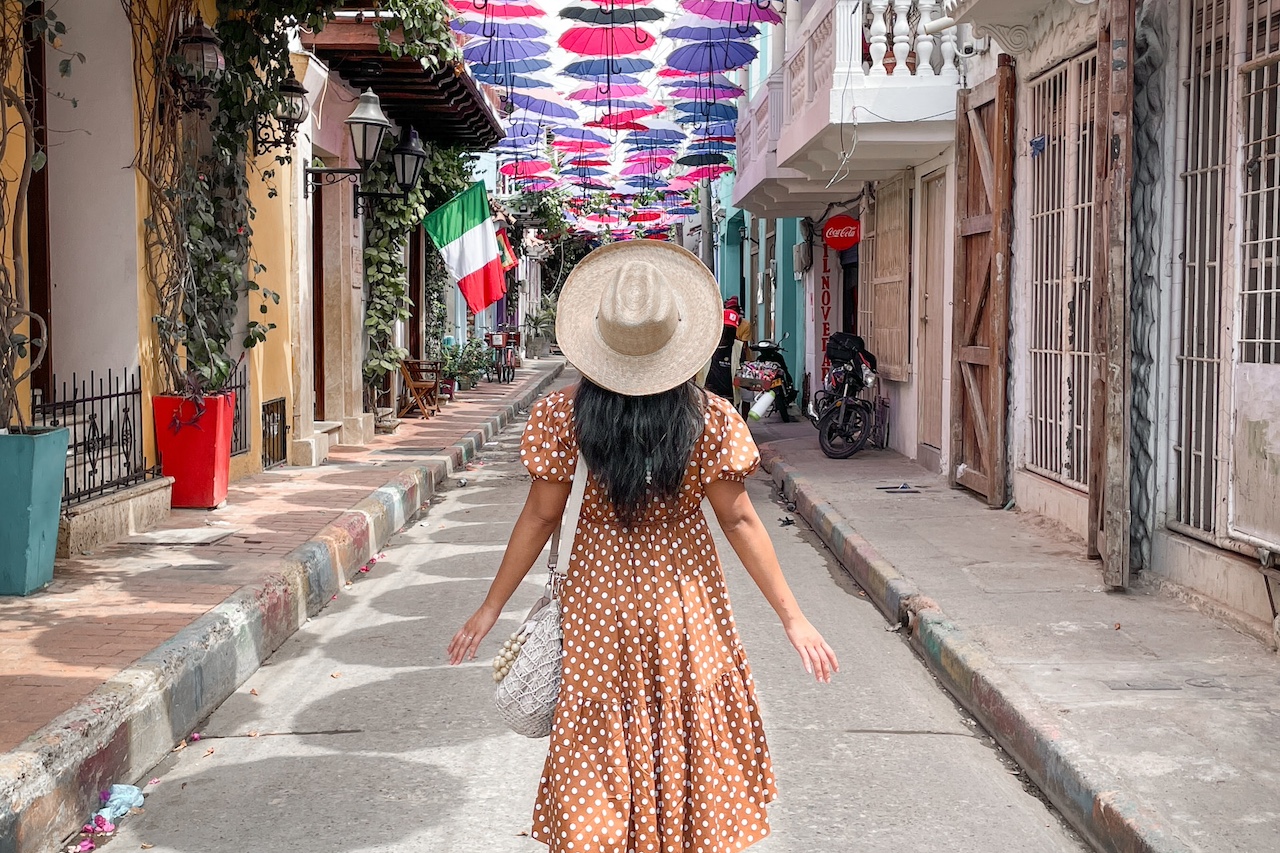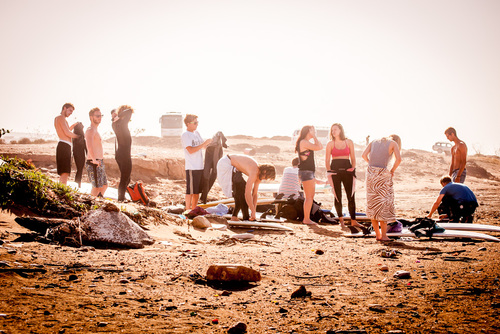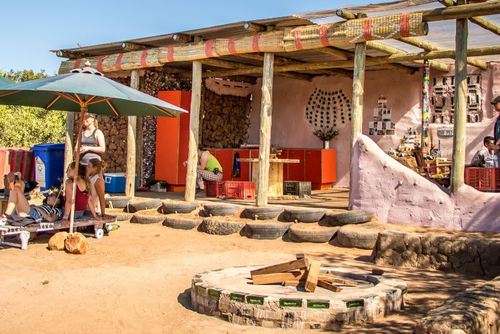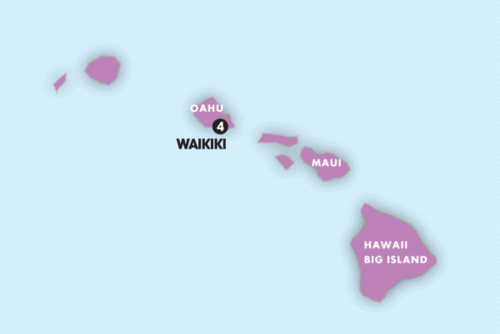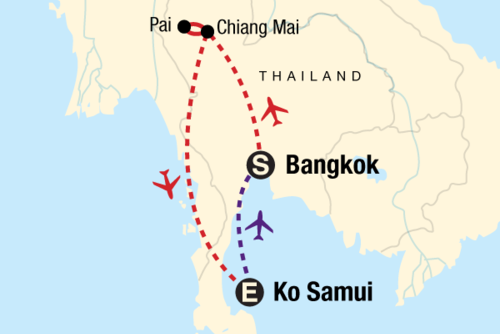When you're in a new destination and constantly on the move, it can be complicated maintaining a balanced diet.
You might have to make some poor nutrition choices, like street food, fast food, vending machine snacks, or missing meals altogether.
Enhance the nutritional value of your meals by incorporating spices and powders known for their health benefits. For instance, when shopping for ingredients in local markets, consider adding a dash of cayenne pepper to boost flavor and metabolism. You can conveniently buy organic cayenne pepper powder online to have this fiery spice easily accessible.
When you’re unfamiliar with the local grocery stores, it’s difficult to get fresh produce, and it’s not like you have a kitchen to prepare everything. This is why many travelers find themselves struggling with irregular eating schedules and unhealthy restaurant offerings. Over time, this impacts energy levels and overall well-being.
So, how do you stay nourished as a vegetarian whilst travelling the world? Let's explore several essential strategies for ensuring your diet remains balanced while you enjoy your travel adventures to the fullest.
1. Planning Ahead Will Help
When you’re going to be away from home for a long time, preparation is key. Start by researching your destinations for grocery stores, local markets, and healthy eateries. Familiarize yourself with the food landscape and find out where you can grab fresh produce or balanced meals on-the-go.
Make sure to add non-perishable and nutritious snacks like nuts, dried fruits, and whole grain crackers in your bag. These snacks are compact and provide essential nutrients without taking up much space in your luggage.
Create a flexible meal plan that adapts to various locations. Focus on simple yet nutritious meals that don’t require extensive cooking facilities - a salad with canned beans or a peanut butter sandwich with fresh fruit from the market.
For longer stays in one place, consider exploring local meal kit delivery services. For instance, if you're a vegetarian who enjoys HelloFresh at home, check if it is delivered to your vacation spot. This service operates in multiple countries globally. If it does, you could continue enjoying your weekly vegetarian menu delivered to your location.
2. Learn to Make Smart Choices at Restaurants
Eating out while traveling can be a challenge, but smart choices make it easier. Start by reading menus with a focus on balanced meals - look for dishes that include vegetables, lean proteins like chicken or fish, and whole grains such as brown rice or quinoa.
Also, remember portion control - restaurant servings often exceed what’s necessary. Don’t hesitate to ask for half portions or share dishes with travel companions. Also, try to choose healthy options whenever possible: request dressing on the side, swap fries for a salad, or ask for grilled instead of fried options. Most restaurants accommodate these adjustments without issue.
3. Make the Most Out of Local Resources
Even without kitchen access, you can still enjoy the fresh (and often exotic) produce offered by local markets. Look for fruits, vegetables, nuts, and whole-grain bread.
You can use these ingredients to create basic and nutritious meals, like a salad from mixed greens topped with local tomatoes, cucumbers, and nuts (add canned beans or cheese for protein). You can also make sandwiches with fresh veggies on whole-grain bread paired with hummus or avocado.
Exploring street food can also be rewarding. In Thailand, try a green papaya salad; in Mexico, enjoy fresh fruit cups sprinkled with chili powder; in Mediterranean regions like Greece or Turkey, grab a veggie-filled wrap known as gyros. By digging into local resources, you'll nourish your body while savoring authentic flavors during your travels.
4. Stay Hydrated
You probably know, but we’ll say it anyway: hydration is crucial to stay healthy when traveling!
Always carry a refillable water bottle to ensure you drink enough throughout the day. Seek out hydrating foods like cucumbers, watermelon, and oranges - these not only quench thirst but also provide essential vitamins.
5. Supplement Wisely
Besides water, you should also consider supplements that bridge the gaps in your nutrition when traveling. A daily multivitamin covers basic needs, but for extensive travel periods, it’s best to prioritize specific nutrients.
Vitamin C boosts immunity, while Magnesium helps with energy production and muscle function. If you're exposed to less sunlight or have limited dairy intake during your trip, Vitamin D and Calcium are wise additions, too.
Wrap Up
As you can see, maintaining balanced nutrition during long-term travel is achievable with a bit of foresight and smart choices. Plan ahead by researching local food options and packing nutritious snacks.
Make informed decisions at restaurants, leverage fresh produce from local markets, and prioritize hydration alongside wise supplementation. With these strategies, you can enjoy your adventures without compromising your health.

